“Eternally Indebted to Your Heavenly Father”
Mosiah 1–3
LDS manual: here
Purpose
To show how the gospel sets up impossible, confusing, and damaging expectations for people
Reading
From all my years of teaching Gospel Doctrine (either here or in church), there’s a principle I’ve learned about prophecy:
It’s crap.
Wait, that wasn’t the principle! The principle is this:
All prophecies either
- turn out false (but become plausible if reinterpreted creatively enough)
- turn out true, but in ways that anyone could have known at the time
- turn out true, because they were written after the thing happened.
All the stuff about Jesus in the Book of Mormon is in the latter category. The Old Testament (contra Jacob) doesn’t mention Jesus at all. It’s so vague about him that the people who knew the scriptures best resisted him the most. But how about the Book of Mormon, which was written after people had heard of Jesus? Suddenly it’s all about teh Jesus! They can’t stop talking about Jesus. How about that?
Mosiah 3:5 For behold, the time cometh, and is not far distant, that with power, the Lord Omnipotent who reigneth, who was, and is from all eternity to all eternity, shall come down from heaven among the children of men, and shall dwell in a tabernacle of clay, and shall go forth amongst men, working mighty miracles, such as healing the sick, raising the dead, causing the lame to walk, the blind to receive their sight, and the deaf to hear, and curing all manner of diseases.
3:6 And he shall cast out devils, or the evil spirits which dwell in the hearts of the children of men.
3:7 And lo, he shall suffer temptations, and pain of body, hunger, thirst, and fatigue, even more than man can suffer, except it be unto death; for behold, blood cometh from every pore, so great shall be his anguish for the wickedness and the abominations of his people.
3:8 And he shall be called Jesus Christ, the Son of God, the Father of heaven and earth, the Creator of all things from the beginning; and his mother shall be called Mary.
I mean, check that out — the Book of Mormon writers practically had his damn mobile number. They’re calling him by name, they’re calling themselves Christians — and strangely, they’re still living the Law of Moses, so that must have been confusing.
“Why are we sacrificing animals again?”
“Just do it; don’t worry about it.”
“But this won’t matter in a few years.”
“That’s why we’re not writing any details down in the Gold Plates.”
What’s more likely: that Book of Mormon prophets were so amazing that they knew stuff that other Bible prophets didn’t know — or that someone in the 1820s sat down and wrote it?
It’s not just the knowledge of Jesus that marks the Book of Mormon as a 19th century document. It’s the subject matter that the Book of Mormon presents. Check out this odd reference to the status of infants, which preoccupied theologians in the 1800s, and precisely no one in Biblical times:
Mosiah 3:17 And moreover, I say unto you, that there shall be no other name given nor any other way nor means whereby salvation can come unto the children of men, only in and through the name of Christ, the Lord Omnipotent.
3:18 For behold he judgeth, and his judgment is just; and the infant perisheth not that dieth in his infancy; but men drink damnation to their own souls except they humble themselves and become as little children, and believe that salvation was, and is, and is to come, in and through the atoning blood of Christ, the Lord Omnipotent.
Isn’t that kind of a 1830s thing?
When I was at the dear old Brigham Young U, I found that you could read forbidden documents at the library. Well, they weren’t forbidden; you could give your student ID to someone in the Special Documents collection, and while they were sending your details to the Strengthing the Members Committee in Salt Lake, you could read the documents there.
I decided to check out the “Position Papers”, a set of documents generated by the Reorganised Church of JCoLDS when they were making their break from traditional Mormon theology in the 1960s. For some reason, I was interested in Chapter 11, about their reasons from shifting away from the Book of Mormon.
As we examine the Book of Mormon, shorn of any intention solely to amass data in support of preconceived notions about it, we must honestly admit that there arises an awareness of certain problems concerning traditional understandings of the Book. The problems include:
…
3. Its propensity for reflecting in detail the religious concerns of the American frontier. Alexander Campbell in 1832 pointed out that every major theological question of the frontier was covered in the Book of Mormon, including infant baptism, ordination and ministerial authority, the Trinity, regeneration, the fall of man, the atonement, transubstantiation, fasting, penance, church government, religious experience, the general resurrection, eternal punishment, and even the burning questions of Freemasonry, republican government and the rights of man.
It certainly did seem to me as though the Book of Mormon did have a preoccupation with issues as they were in the 1800s. It seems that what they say in General Conference is true: the Book of Mormon is “written for our day” — but this is because it was written in our day.
Main ideas for this lesson
Unprofitable servants
King Benjamin is giving his great address to an improbably large crowd.
Mosiah 2:19 And behold also, if I, whom ye call your king, who has spent his days in your service, and yet has been in the service of God, do merit any thanks from you, O how you ought to thank your heavenly King!
2:20 I say unto you, my brethren, that if you should render all the thanks and praise which your whole soul has power to possess, to that God who has created you, and has kept and preserved you, and has caused that ye should rejoice, and has granted that ye should live in peace one with another —
2:21 I say unto you that if ye should serve him who has created you from the beginning, and is preserving you from day to day, by lending you breath, that ye may live and move and do according to your own will, and even supporting you from one moment to another — I say, if ye should serve him with all your whole souls yet ye would be unprofitable servants.
I’m remembering back to my LDS days, and thinking about all the effort the church took. Three hours every Sunday is just a start. For many, there are extra meetings during the week, including ward and stake leadership meetings and Seminary. Then there’s temple attendance. Oh, and cleaning the buildings.
Not to mention going on a two-year mission, and giving 10% of your income for the whole of your life. There’s more, but it all works toward the same point: The LDS Church has a really high bar to be considered basically active.
But even after all of this, what this scripture tells us is that no matter what you do, you’re still unprofitable.
Ask: How does this make someone feel, if they’re trying to do their best in the church?
It’s such a glaring scripture, and I think it calls for some kind of explanation. What is it doing here? What kind of function does this idea serve?
You could argue that it’s designed to motivate people who aren’t doing all they can. But what about people who are knocking themselves out, and get so little in return?
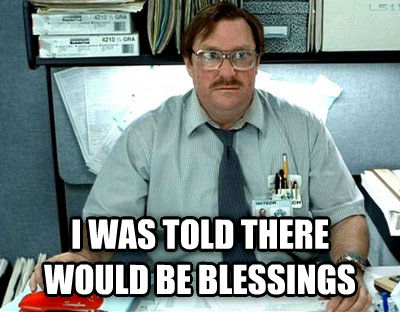
I think it goes beyond the motivational. I see this as an out-clause. Here’s how:
Religion is a con. It makes phoney promises that fail. And when those promises fail, there has to be a way of getting the mark (the person being conned) from blaming the religion. How to divert their disappointment? By setting up impossible conditions for success.
“Oh, you’re not feeling fulfilled? Bad things happening anyway? Well, have you been you coming to church? You have?
“Have you been praying? Oh.
“How about reading the scriptures? Attending the temple? Having Family Home Evening…?
“How’s your home teaching? Aha… home teaching a little spotty? That was probably it. Bring those stats up, and I’ll bet you’ll be in line for some blessings pret…ty soon.”
It’s a fantastic way of explaining away failures — it’s not the church’s fault; it’s yours, you unprofitable servant, you.
And of course there’s the usual benefit: if the church asks for more, it gets more. And the investment fallacy means that members who have given their all will be less likely to question their belief — you must believe it, or you wouldn’t have given so much, right? And if you walk away, you’ll lose everything you’ve invested!
Mosiah 2:22 And behold, all that he requires of you is to keep his commandments; and he has promised you that if ye would keep his commandments ye should prosper in the land; and he never doth vary from that which he hath said; therefore, if ye do keep his commandments he doth bless you and prosper you.
2:23 And now, in the first place, he hath created you, and granted unto you your lives, for which ye are indebted unto him.
2:24 And secondly, he doth require that ye should do as he hath commanded you; for which if ye do, he doth immediately bless you; and therefore he hath paid you. And ye are still indebted unto him, and are, and will be, forever and ever; therefore, of what have ye to boast?
Again, the church doesn’t want just some of your time and attention. It claims the right to have it all. Forever and ever.
Mosiah 2:25 And now I ask, can ye say aught of yourselves? I answer you, Nay. Ye cannot say that ye are even as much as the dust of the earth; yet ye were created of the dust of the earth; but behold, it belongeth to him who created you.
No matter what you do, you’ll never be worthwhile under this system. You are less than the dust of the earth.
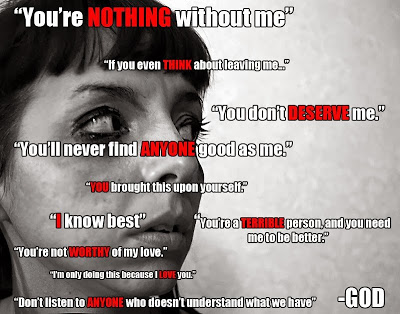
But of course, if you’re running a church, you can’t just heap this kind of abuse on people all the time. That’s why there’s a parallel narrative: I am a child of God. You’re a chosen people, a special generation held in reserve, etc. The church can pull out this story when it needs to, and this makes people feel bonded to the organisation. But if people feel too special, the church can remind them of the “dangers of pride” (which is only really dangerous to the church itself), and it can hit them with the “less than the dust of the earth” story. It can switch between these two stories whenever it needs to.
Seen this way, the church resembles nothing more than an abusive and narcissistic partner, for whom this hot-and-cold tactic is typical (see point 3 on that link). The abuser builds you up if you do what they tell you, but they also remind you that you’ll never be good enough.
Benjamin continues by talking about the “natural man”. Repeat it with me, if you remember it.
Mosiah 3:19 For the natural man is an enemy to God, and has been from the fall of Adam, and will be, forever and ever, unless he yields to the enticings of the Holy Spirit, and putteth off the natural man and becometh a saint through the atonement of Christ the Lord, and becometh as a child, submissive, meek, humble, patient, full of love, willing to submit to all things which the Lord seeth fit to inflict upon him, even as a child doth submit to his father.
Ask:
- What has the Lord inflicted upon you?
- Why does Benjamin think it’s okay for the Lord to “inflict” things upon us?
- Why is it important for us to feel helpless like a child in this situation?
Have a read of this commentary from the LDS Lesson Manual:
Elder Bruce R. McConkie said: “After the fall of Adam, man became carnal, sensual, and devilish by nature; he became fallen man. . . . All accountable persons on earth inherit this fallen state, this probationary state, this state in which worldly things seem desirable to the carnal nature. Being in this state, ‘the natural man is an enemy to God,’ until he conforms to the great plan of redemption and is born again to righteousness. (Mosiah 3:19.) Thus all mankind would remain lost and fallen forever were it not for the atonement of our Lord. (Alma 42:4–14.)” (Mormon Doctrine, 2nd ed. [1966], 267–68).
• How can we “[put] off the natural man”? (See Mosiah 3:19. Discuss answers as shown below.)
a. Yield to “the enticings of the Holy Spirit.” How does this help us “[put] off the natural man”? (See 2 Nephi 32:5; Mosiah 5:2; 3 Nephi 28:11.)
What Benjamin is telling us is that the way you are is wrong, and if you want to be saved, you have to act other than the way you are.
Now I agree that sometimes, I am a bag of slop. Like everyone, I can gravitate to a level that isn’t the best for me. I eat too many Doritos, I can be self-absorbed, and if I want to be my best self, I have to exert some energy and overcome some of my slouchy bad habits.
But there’s a difference between saying, “Sometimes I’m a bit lazy or uncaring, and I need to work on that,” and saying “The way that I am is essentially broken, and I need someone else to make me whole.” The first one points to, and enables, self-improvement. The second one instills a sense of permanent inferiority that offers the church as a solution. It is not a way to build self-reliant people. It’s a way to build broken people.
Why the Gospel is terrible
Now we’ve seen enough of the gospel’s program to understand why the gospel does not work. Just for a reminder, according to the church’s “plan of salvation”, we are here on earth in a kind of probationary state. Our ability to return to God depends on the choices we make here.
But this plan is stacked against us at every turn.
1. We have been created with an inbuilt tendency to sin.
As King Benjamin says, “the natural man is an enemy to God.” God inexplicably made us want to sin.
But God could have made it so that we wouldn’t want to do anything wrong. This wouldn’t have involved a curtailment of our agency. He had to make us some way or another, and it would have been just as simple to make us in a way that didn’t involve a preoccupation with things he doesn’t like. For example, I have never been curious about alcohol or drugs — not that I think those are wrong anymore, but trying those things out has never been a part of my nature. I still have agency; I’m just not interested in them.
It would have been possible for a super-smart God to think of a way to make humans that aren’t interested in sin, without curtailing their agency. Why didn’t he? Why did he make a decision to stack the deck against us?
2. We can’t trust our own moral compass.
Having given us a tendency to want to sin, God also created us with faulty moral intuition. Not only is the “natural man” an enemy to God, but he tells us that we can’t trust the answers we get from our own moral reasoning.
Isaiah 55:8 For my thoughts are not your thoughts, neither are your ways my ways, saith the LORD.
Let’s think through this, because this one thing unhinges the entire contraption.
My ability to return to God relies on me making good choices. But God gave me a brain that provides faulty moral intuitions. If I can’t trust my own ideas of what’s right and wrong, then I have no way of knowing what “good choices” are.
You could say, “That’s the point. You’re not supposed to trust your own moral instincts. You’re supposed to obey God and ‘yield to the enticings of the Holy Spirit.'”
But if I can’t trust my own moral compass, then I can’t even be sure if that’s the right thing to do. If God gives us a faulty ethical lens and says “Go to it”, then the whole thing stops right there. How could I even tell the difference between good and bad choices if I can’t trust my own ethical filter? Unless I have a reliable moral compass, the whole task becomes impossible.
3. Satan
On top of all this, God allows a perfectly evil being to tempt us. If I knew of an evil being, I would keep them far away from my kids, but God’s like “Go for it,” which is another way that he’s a terrible parent. To help us, the Holy Spirit gives us signals that are indistinguishable from emotions, impressions, or dyspepsia. (That’s if we don’t offend him, in which case, he buggers off.)

Even prophets get it wrong in this process, so what chance do the rest of us have?
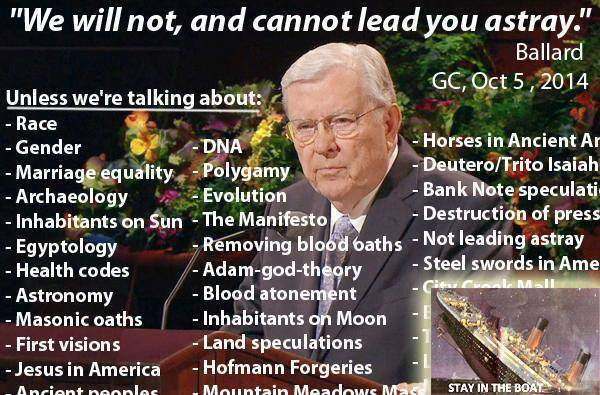
Ask: Could you convict even the worst criminal under this system?
4. Self-esteem sniping
And after all this — a sinful nature, a broken compass, and access to bad influences — our self-efficacy is constantly being undermined and belittled by the gospel itself. We’re reminded that we’re less than the dust of the earth, that we owe God everything, and that there’s nothing we can do to be considered worthy.
Ladies, gentlemen, and everyone: the gospel is a terrible system. It’s a set up. God could have made it any way he wanted, but he chose to put us in a situation with impossible, contradictory, confusing, and demeaning expectations. This contemptible god belittles us, and expects us to praise him in return.
The appropriate response is the same as it should be for any abuser: we must cut him off entirely, and work within a loving and supportive community to build our own lasting self-respect. Our morality isn’t perfect, but we can work to improve it without the petty sniping of a demanding and jealous father figure.
Additional lesson ideas
Every pore?
Now here’s a linguistic curiosity. When Jesus (allegedly) prayed in Gesthemane,
Luke 22:44 And being in an agony he prayed more earnestly: and his sweat was as it were great drops of blood falling down to the ground.
Was there really any blood? The wording is “as it were”, which usually signals a turn of phrase, not a fact.
But fast-forward a couple thousand years, and Mormons will tell you that Jesus bled “from every pore”. This wording appears in our reading.
Mosiah 3:7 And lo, he shall suffer temptations, and pain of body, hunger, thirst, and fatigue, even more than man can suffer, except it be unto death; for behold, blood cometh from every pore, so great shall be his anguish for the wickedness and the abominations of his people.
I seem to remember many church talks where the speaker solemnly asserted that if you were in extreme agony, you might bleed from one pore, but Jesus bled from all of them.
I guess there’s a condition where people bleed from their pores, but I got curious as to whether this might be a linguistic artefact. What I mean is that the wording “he bled from every pore” seems to roll off the tongue very easily. Could it be that it was just a phrase that people were accustomed to saying, and Joseph Smith (or whoever) simply wrote the well-known idiom into his book, which Mormons then took as gospel?
If the phrase “bleed * every pore” were in common usage around Smith’s time, this would explain how it worked it way into the Book of Mormon, and why Mormons now think Jesus had a particularly gory night of it in a garden.
In fact, this is exactly what we see if we look up “bleed * every pore” in Google’s Ngram Viewer.
Follow the link at the bottom to ‘bleed at every pore’ from 1768 – 1832, and you’ll find lots of examples, some of which I’ve copied and pasted here. Note that these examples use the idiom ‘bleed at every pore’ even when no actual bleeding is going on, which confirms that this was an idiom that people were accustomed to using in various situations.
1821: And, when they sicken and die, the hearts of their parents bleed at every pore.
1796: still there are circumstances in his situation wHich cause the heart of humanity to bleed at every pore.
1820: Thus this unhappy nation, by a miserable and mistaken policy, is doomed to bleed at every pore
1812: whether we stand by them, or whether we forsake them, those gallant nations will still continue to bleed at every pore.
1815: without reviving the ferocious and appalling doctrine of constructive treason, which once made England bleed at every pore

And that’s how (I suspect) a common expression worked its way into Mormon doctrine. A metaphorical statement graduated into a literal belief.
This is something of a one-off in my experience. We already know that believers re-interpret literal statements as metaphorical ones when they’re deemed implausible. This is the only case I can think of where a belief went the other way.
EDIT: Redditor Elijah_Unabel made a point that was too good not to share: there simply isn’t enough blood in a human body to bleed from every pore.
Yesterday my young son asked me how many pores are in the human body. I wasn’t sure off-hand, but the most common answers on Google are 2 billion or 3 trillion (although 3 trillion pores seems pretty high given that there are 37.2 trillion cells in the entire body). I asked my son why he was interested, and he referred to Jesus bleeding from every pore. From that aspect, we might just include sweat glands, of which there are about 2 million. My son and I then ran the math and came up with the following.
We can assume there are about 90,000 drops are in a gallon (about 20 drops per ml). At the extreme of 3 trillion pores, this gives us over 33 million gallons of blood. That’s going to be a bit messy. If we go with 2 billion pores, we get about 22,000 gallons, still enough to fill a couple backyard swimming pools.
Finally, if we just count sweat glands, we get 22 gallons. Not nearly as impressive as the numbers above. However, the average person only has about 1.5 gallons of blood, so bleeding out 22 gallons is still a pretty impressive trick.
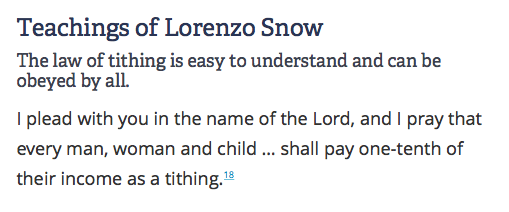
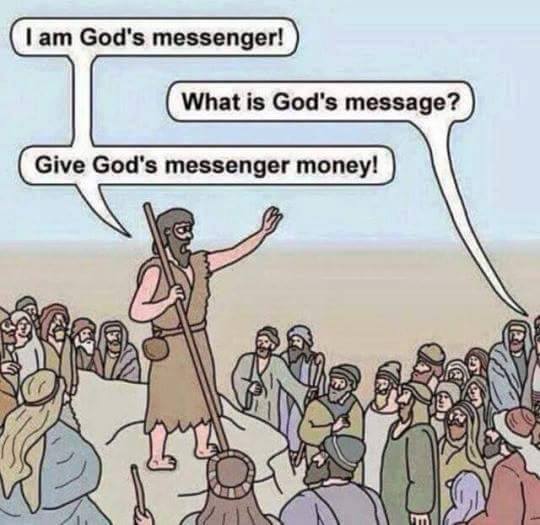
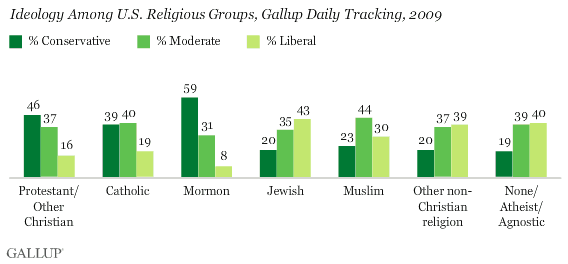
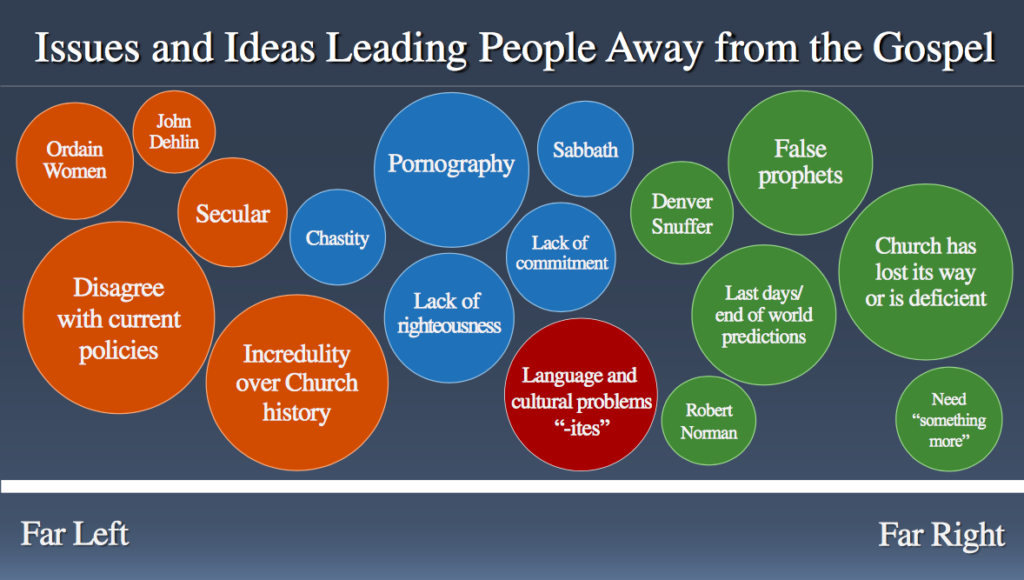
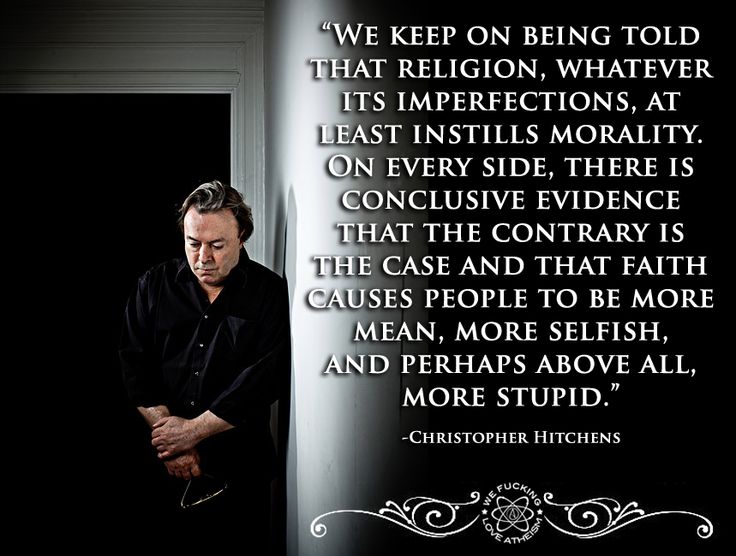






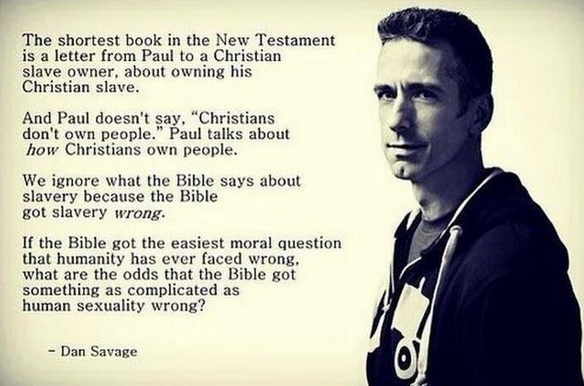

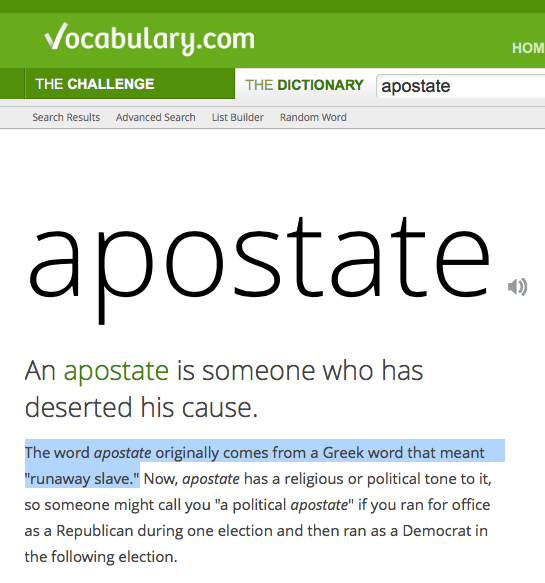
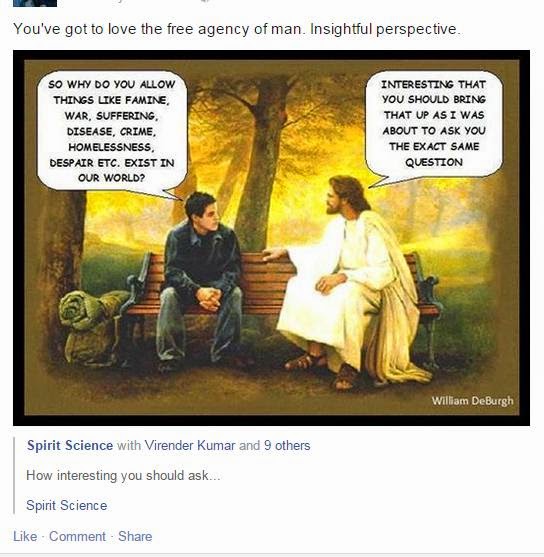


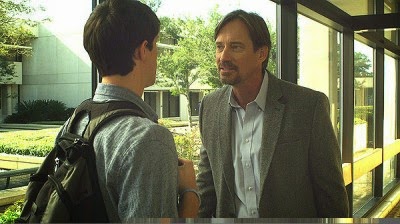
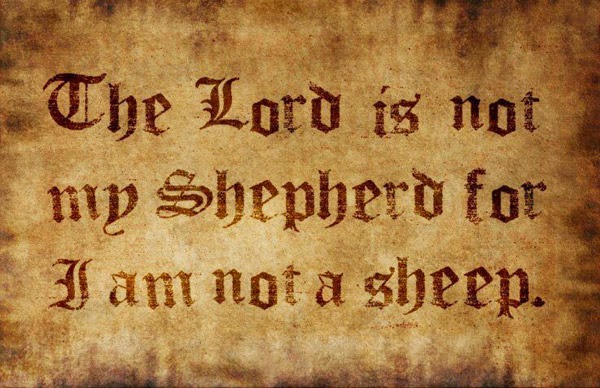
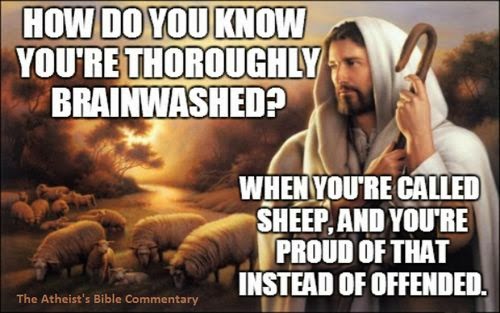
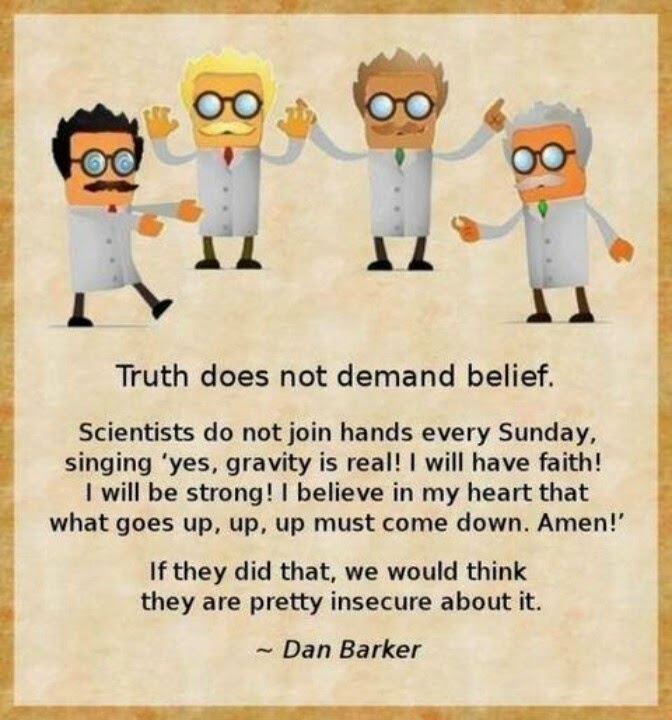
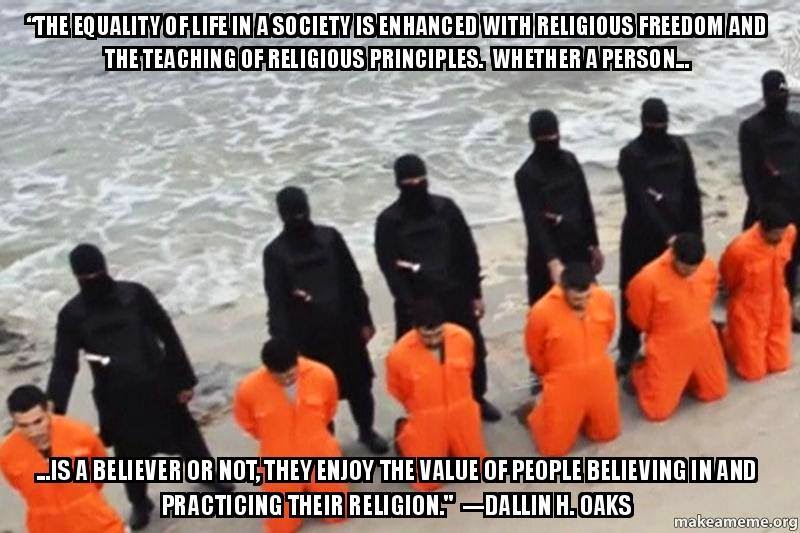
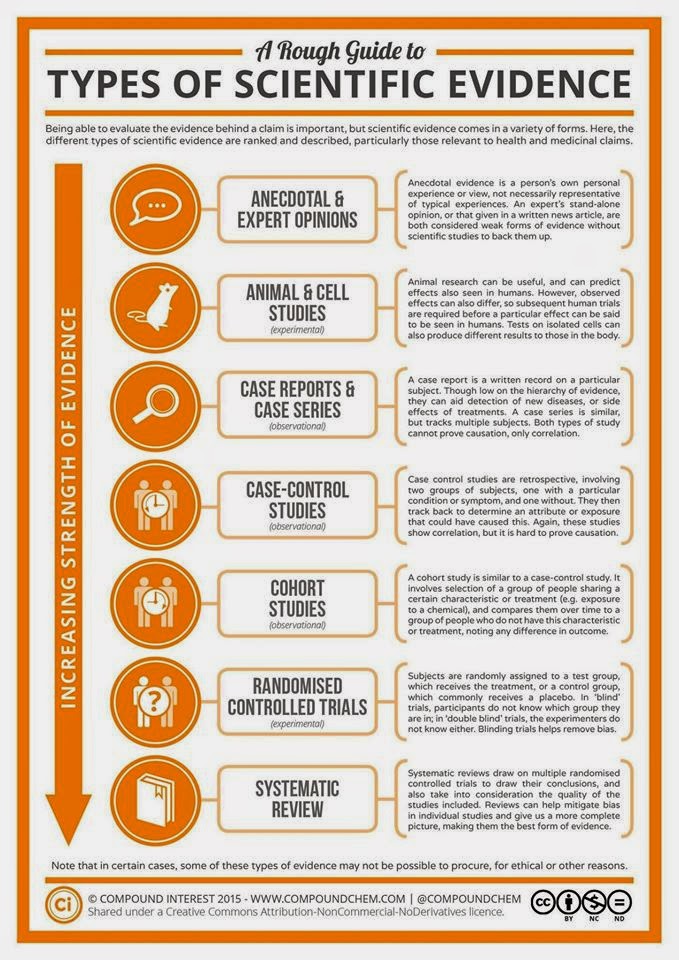
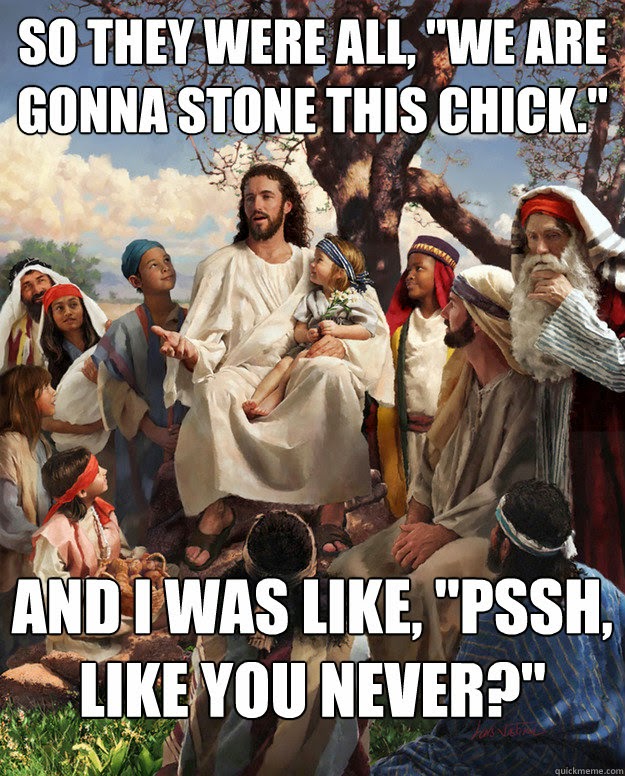
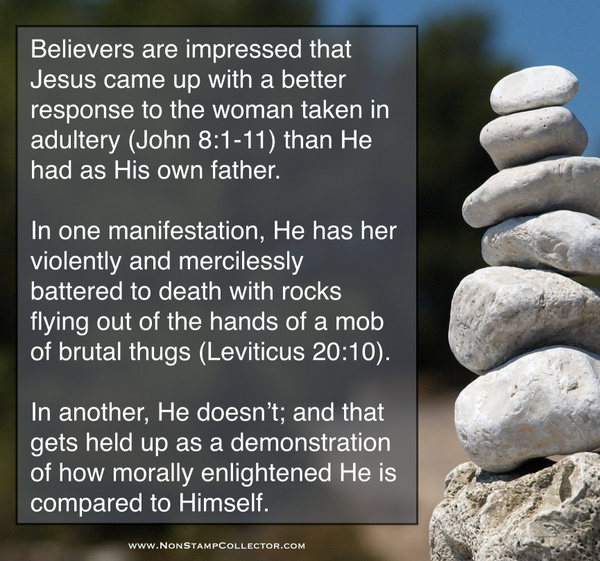
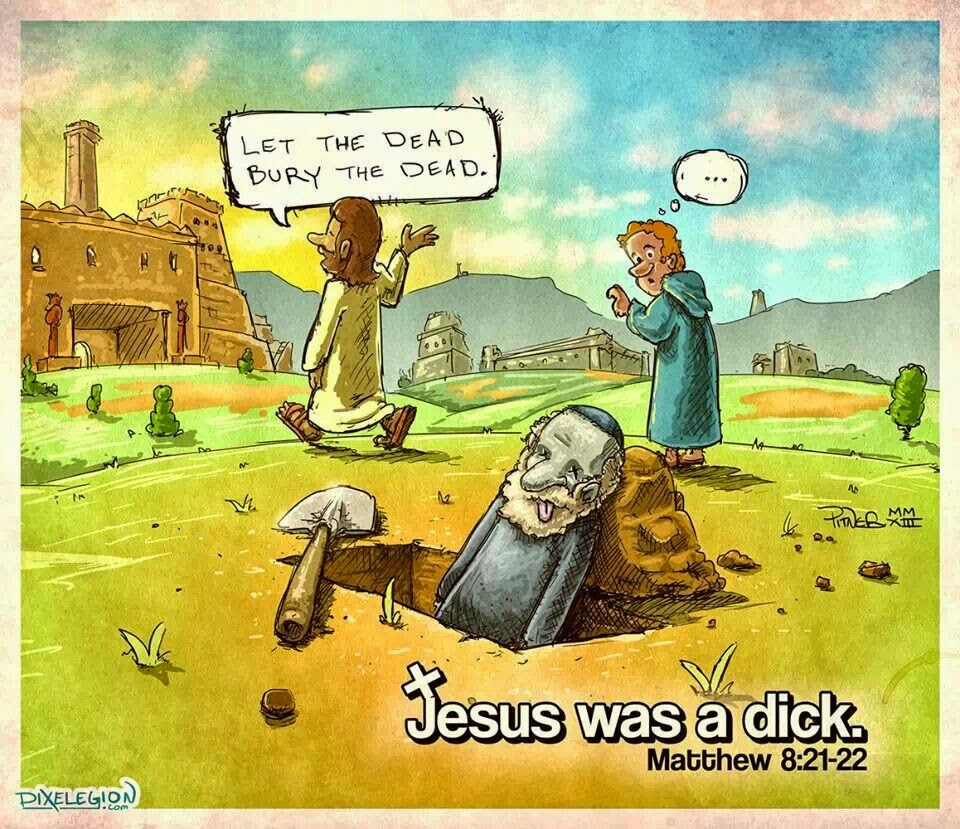
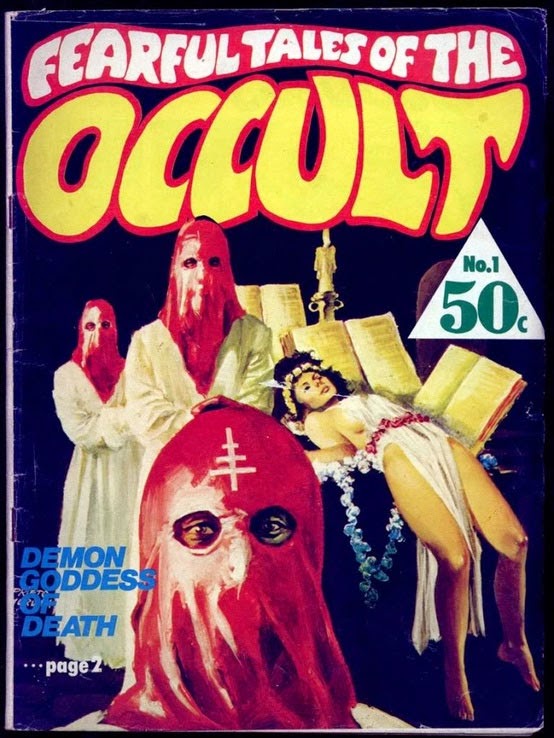

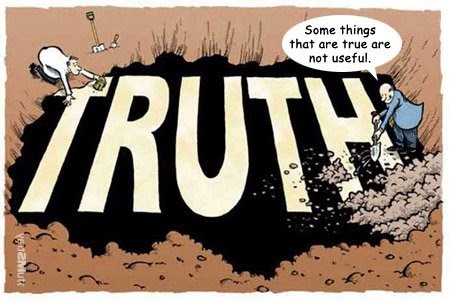

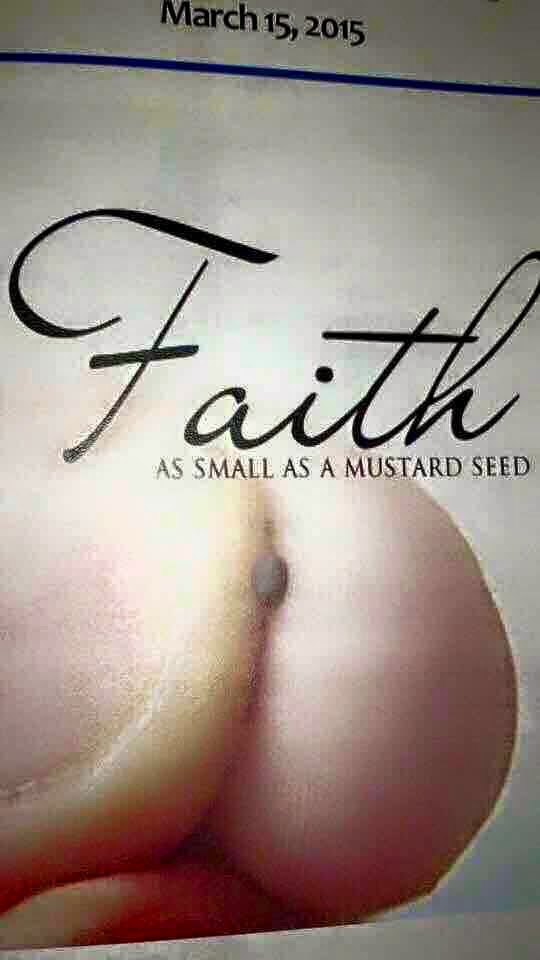

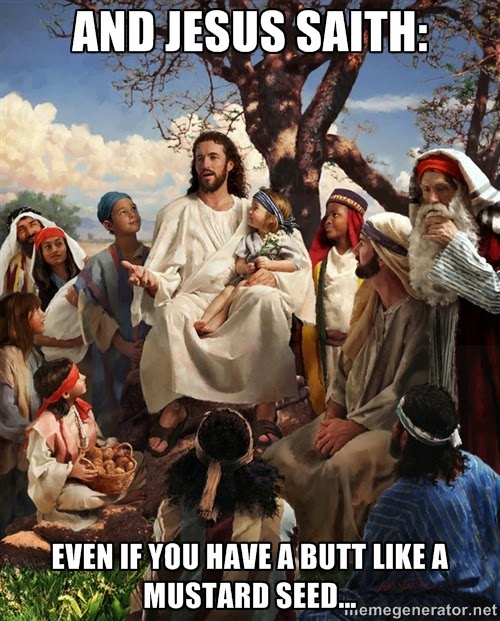
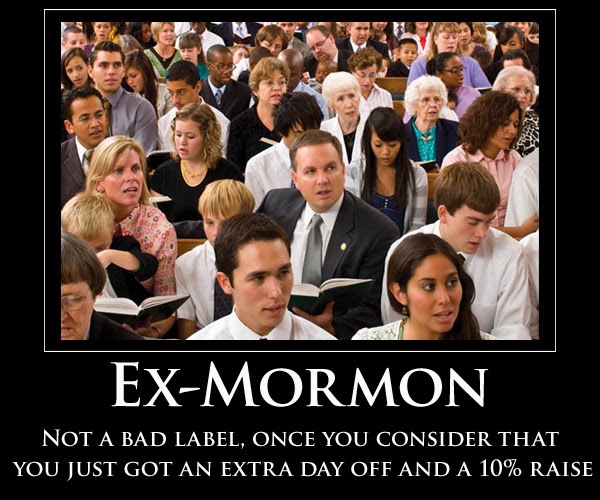
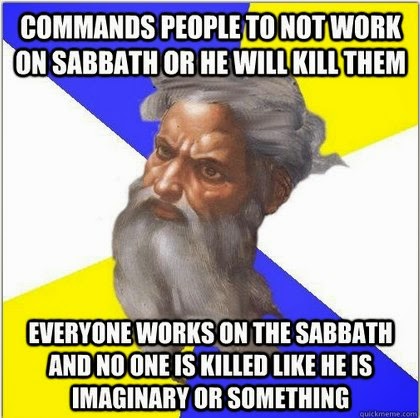




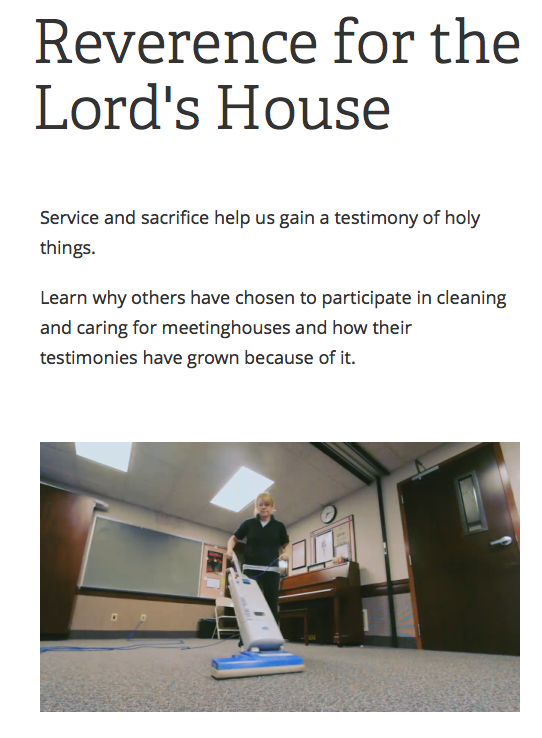




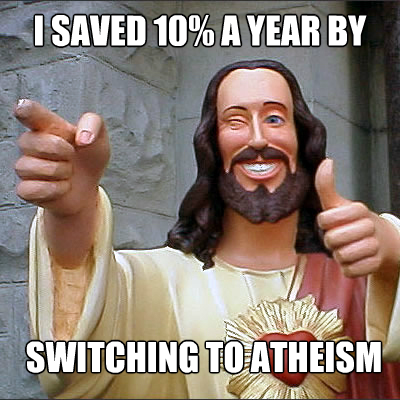
Recent Comments